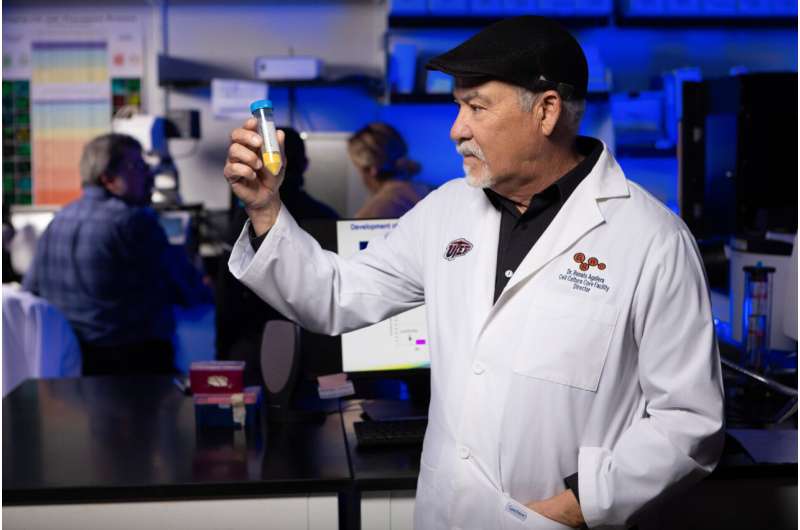Researchers at The University of Texas at El Paso (UTEP) have discovered that pyronaridine, a drug traditionally used to treat malaria for over 30 years, exhibits potential in combating various cancer types. This insight emerged when Dr. Renato Aguilera, a professor of biological sciences at UTEP, recognized structural similarities between pyronaridine and compounds effective against cancer cells. Subsequent laboratory studies demonstrated that pyronaridine could impede the replication of cancer cells and induce apoptosis—programmed cell death—in malignancies such as leukemia, lymphoma, melanoma, multiple myeloma, lung, ovarian, and breast cancers.
The mechanism underlying pyronaridine’s anticancer effects involves the inhibition of topoisomerase II, an enzyme crucial for DNA replication in rapidly dividing cells. By disrupting this enzyme’s function, pyronaridine effectively hampers cancer cell proliferation. This discovery has led to the issuance of a patent for the use of pyronaridine in cancer treatment, marking a significant advancement in the repurposing of existing drugs for oncology. The findings offer a promising avenue for developing new cancer therapies, particularly given pyronaridine’s established clinical use and safety profile in malaria treatment. Click for More Details







